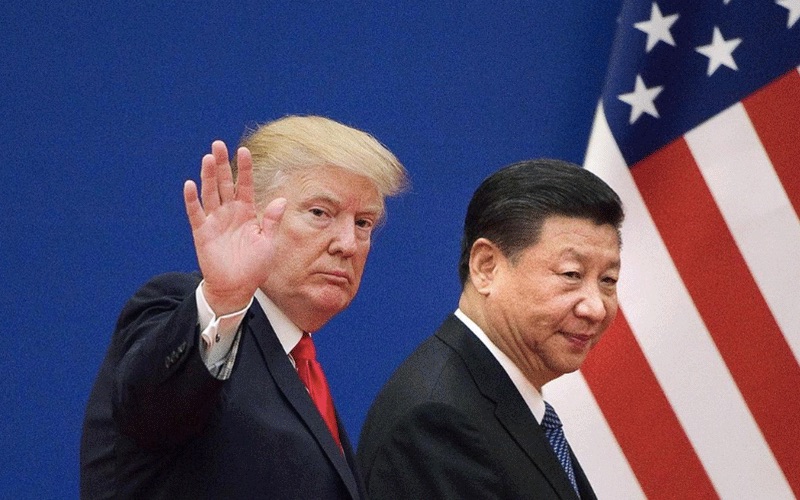
Taiwan’s status as a formerly sovereign, currently contested entity is once again in the news. This resurgence comes on the heels of recent tariffs enacted by the Trump administration, igniting conversations around the globe. Thirteen of the 193 United Nations member states formally acknowledge Taiwan’s independence. The United States has so far withheld that recognition. This absence of formal recognition is used to justify Taiwan’s exclusion from participation in almost all international organizations, including the U.N. and its specialized agencies.
Taiwan has flourished as a vibrant, self-ruled democracy. It maintains its own government, military and economy, defiantly flaunting its autonomy, even as China continues to voice deeply held sovereignty claims over the island. For decades, leaders in the Chinese government have promised to forcibly bring Taiwan politically under the fold of Beijing. This promise has stoked tensions in the area to a fever pitch. For one, Taiwan is arguably the most critical link in the global supply chain today. At the same time, its increasing importance is making its international status even more complicated.
Taiwan and the U.S. Partnership
Taiwan’s partnership with the United States continues to go strong. Taiwan’s commerce ministry has issued a vigorous appeal to Washington. This week, they’re calling on the U.S. to immediately withdraw the tariffs that made waves from the moment they were imposed. Meanwhile, the Taiwanese government is calling on the U.S. to firm up its defense pledges to the island nation. This call is indicative of Taiwan’s strong desire to deter potential military hostility from her neighbor, China.
Regardless of ambiguities and complications over its legal status, Taiwan has taken bold steps to fortify its international presence. The island’s government continuously seeks greater participation in global organizations and forums, aiming to assert its presence on the world stage. Taiwan’s unique relationship with the United States serves as a cornerstone of its foreign policy, particularly in promoting democratic values in contrast to China’s authoritarian model.
China’s Opposition to Taiwanese Independence
The issue of Taiwan’s sovereignty is sensitive, particularly due to China’s “One China” policy, which strictly opposes any form of Taiwanese independence. Likewise, China’s ambassador to the United States, Xie Feng, echoed this position last week during his defense of China at a
“We will continue to strive for peaceful reunification with the greatest sincerity and the utmost effort, but we will never allow any room for ‘Taiwan independence’ forces in whatever form.” – Ambassador Xie Feng
With continued geopolitical tensions, Taiwan’s international future may be more tenuous than ever. The island’s democratic governance, combined with the island’s strategic importance in global supply chains, means that it has consistently attracted interest from great powers. As Taiwan navigates its complex relationship with both China and the United States, its status as a self-governing entity will likely remain a focal point in international relations.
What The Author Thinks
Taiwan’s unique position, as both a self-governing entity and a crucial player in global trade, highlights the complexity of its geopolitical situation. As international pressures mount, the island’s persistent efforts to strengthen ties with democratic nations, particularly the U.S., could prove pivotal in safeguarding its autonomy. Yet, Taiwan’s future remains uncertain as tensions with China continue to escalate, making the island’s sovereignty an ongoing and deeply sensitive issue in global politics.
Featured image credit: FMT
Follow us for more breaking news on DMR
